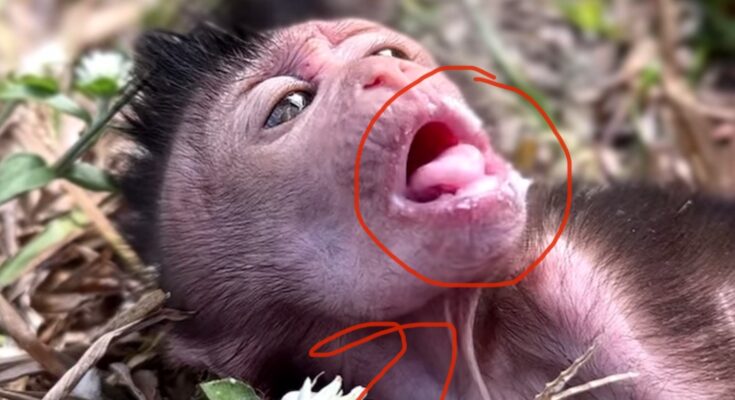Water is one of the most essential elements for all living beings, and for baby monkeys—also known as infants—it plays an especially important role in their growth and development. While adult monkeys can adapt to varying water sources and environmental conditions, infants depend greatly on the hydration they receive from their mothers and their surroundings. Understanding how water supports their development helps explain why hydration is a cornerstone of primate health.
From the moment a baby monkey is born, its primary source of water is its mother’s milk. Monkey milk, like human milk, is composed largely of water, providing the hydration necessary for early survival. This hydration supports several critical functions. For one, it helps regulate body temperature. Infant monkeys are highly vulnerable to overheating or dehydration because their bodies are still developing the ability to maintain stable internal temperatures. Adequate fluid intake allows them to better cope with heat, humidity, and stress in their natural habitats.
Water also plays a major role in digestion and nutrient absorption. Baby monkeys consume milk that is rich in fat, protein, and essential minerals. Without enough water in their system, they would struggle to process these nutrients effectively. Proper hydration ensures that their digestive systems function smoothly, reducing the risk of constipation or digestive distress, both of which can threaten an infant’s growth.
As baby monkeys begin to wean—typically several months into life—they start experimenting with solid foods such as leaves, fruits, and insects. Many of these foods contain varying water levels, which supplement their fluid intake. Fruits, especially, provide natural hydration and are a key component in the diet of many monkey species. Access to fresh water becomes even more important during this phase, as their bodies adjust to a more complex diet. Clean water helps maintain healthy kidney function and supports the continued development of strong bones and muscles.
Hydration also affects a baby monkey’s cognitive and motor development. Young primates are extremely active: climbing, playing, and exploring their environment as part of their learning process. These activities require significant energy and increase the need for proper hydration. Even mild dehydration can lead to fatigue, reduced alertness, and difficulty learning new skills—all crucial elements for survival in the wild.
In social terms, access to water sources often shapes troop behavior and movement patterns. Infant monkeys rely on their mothers and group members to guide them to safe drinking areas. This not only ensures that the infants stay hydrated but also teaches them important survival strategies. Observing and imitating adults helps them learn where to find water and how to drink safely, especially in regions where water sources may be scarce or shared with predators.
In summary, water is vital to the growth and health of baby monkeys. It supports their physical development, cognitive abilities, digestion, and social learning. Whether through their mother’s milk, moisture-rich foods, or natural water sources, proper hydration ensures that young monkeys grow strong, healthy, and prepared for the challenges of life in the wild. Understanding the importance of water in their early lives highlights the need to protect natural habitats and maintain clean, accessible water sources for all primate species.



